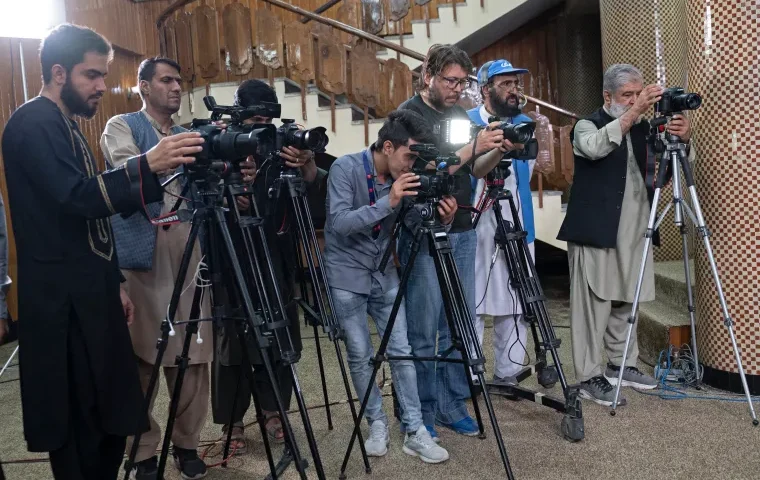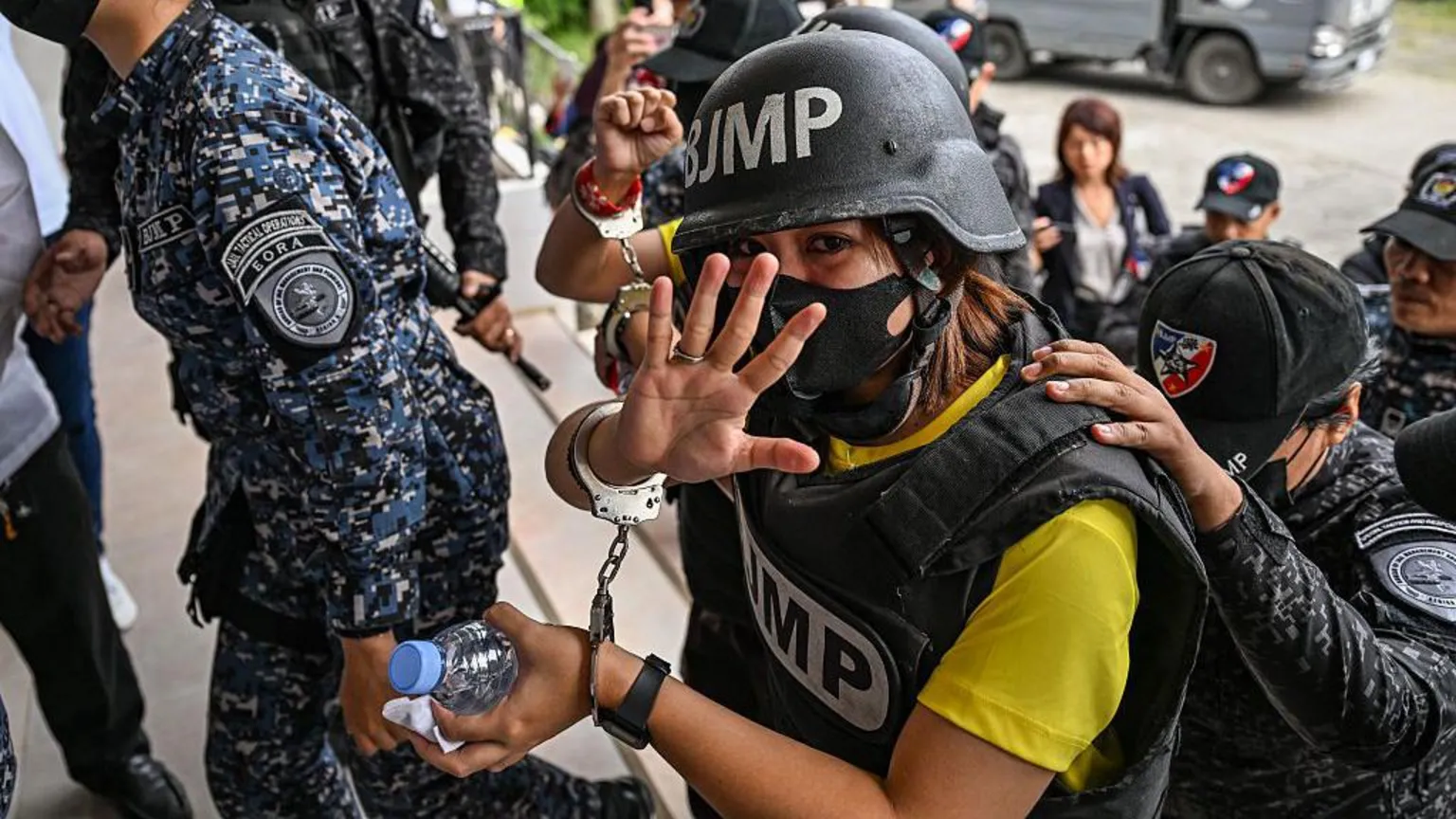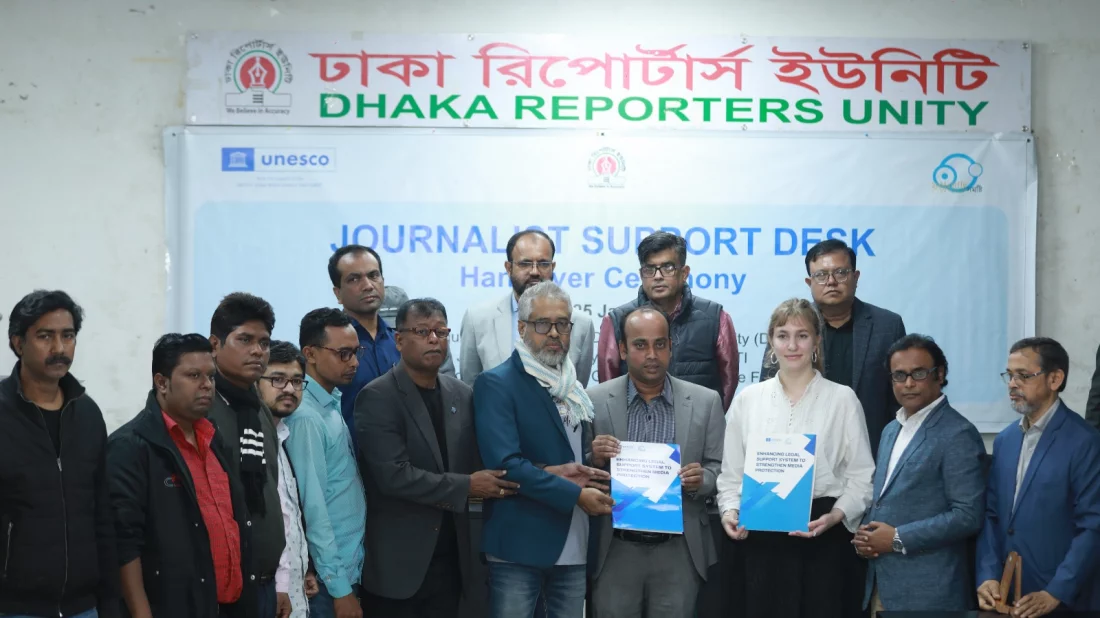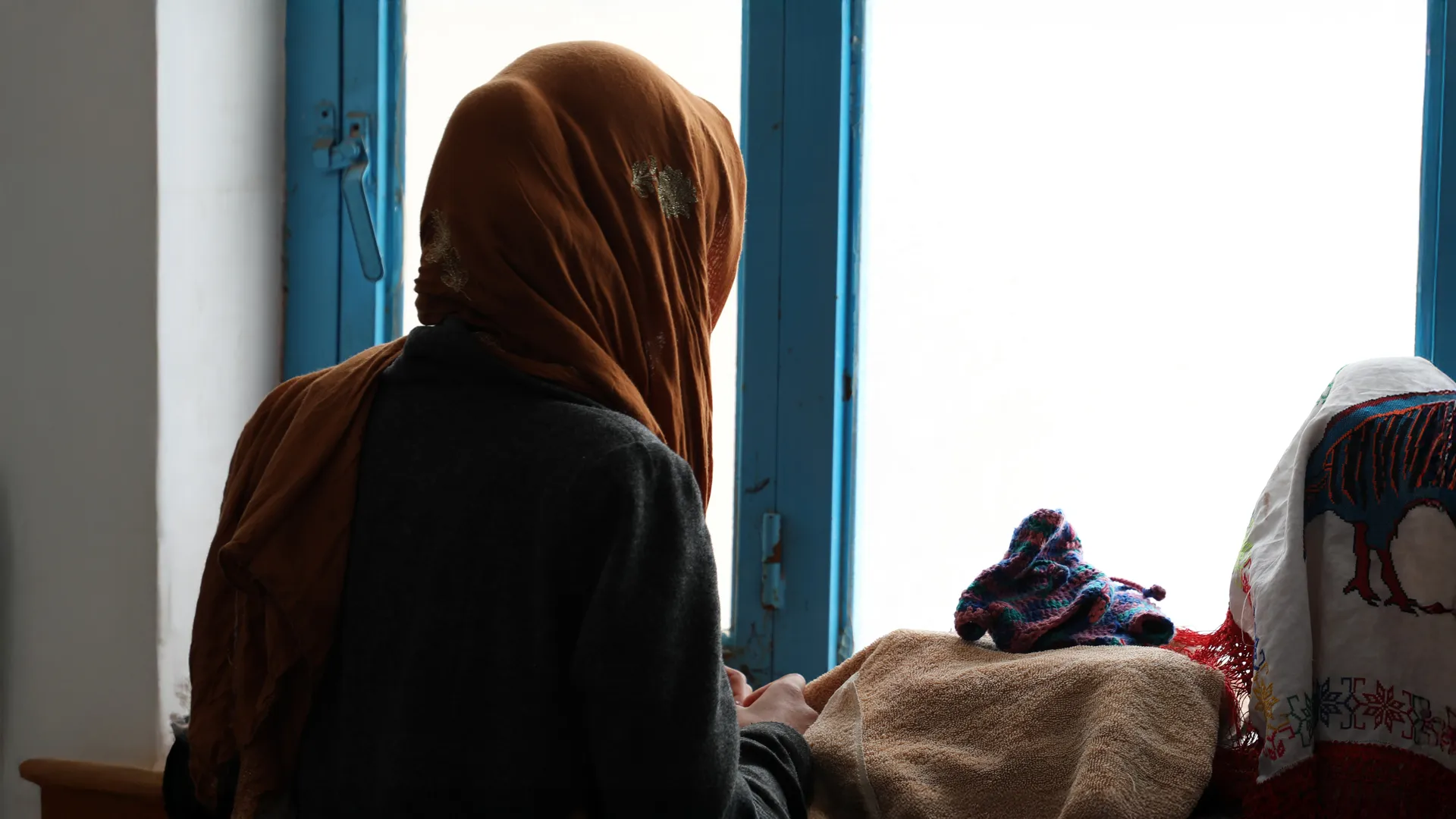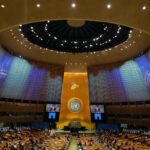
The Future Is Fragile Without a Free Press
September 23, 2024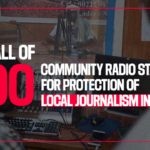
Local Lifelines Under Fire: RSF and 547 Sahel Radio Stations Demand Urgent Protection
September 24, 2024September 24, 2024 – Afghanistan –
The Taliban have intensified their clampdown on press freedom by banning all live political broadcasts in Afghanistan, marking a chilling escalation in their control over the country’s media landscape. The directive, issued on September 21, 2024, by the Taliban’s Ministry of Information and Culture, mandates that all political and current affairs programs be pre-recorded and vetted before airing. Broadcasters must also select their guests from a pre-approved list of 68 individuals and submit detailed plans of their programs in advance.
This unprecedented restriction extends to both television and radio, effectively eliminating spontaneous discussion and real-time debate from the public sphere. The Taliban warned that failure to comply would result in punishment for producers, hosts, and guests. According to reports from Afghan media, journalists and editors were summoned in Kabul and instructed not to air any live political content without prior authorization.
The move has drawn immediate condemnation from press freedom advocates. The Committee to Protect Journalists (CPJ) described the ban as a “stone-age policy” designed to suffocate free expression and eliminate public scrutiny. The Afghanistan Journalists Center warned that the directive would deepen self-censorship and cripple independent journalism in a country already reeling from two years of escalating media repression.
This latest act is part of a broader pattern of Taliban censorship since their return to power in 2021. Previous directives have banned music, female voices on the radio, and the broadcast of images of living beings. Hundreds of media outlets have shut down, and many journalists have been detained, threatened, or forced into exile.
By removing live broadcasting—a vital platform for political dialogue—the Taliban are further isolating Afghan citizens from uncensored information and meaningful civic engagement. The ban turns news media into a tool for regime propaganda, with state-approved voices replacing critical or dissenting opinions.
The international community and press freedom organizations must amplify pressure on the Taliban to reverse this directive. Without resistance, Afghanistan risks becoming a black hole for journalism, where truth is pre-scripted, and public discourse is extinguished.
Reference –

